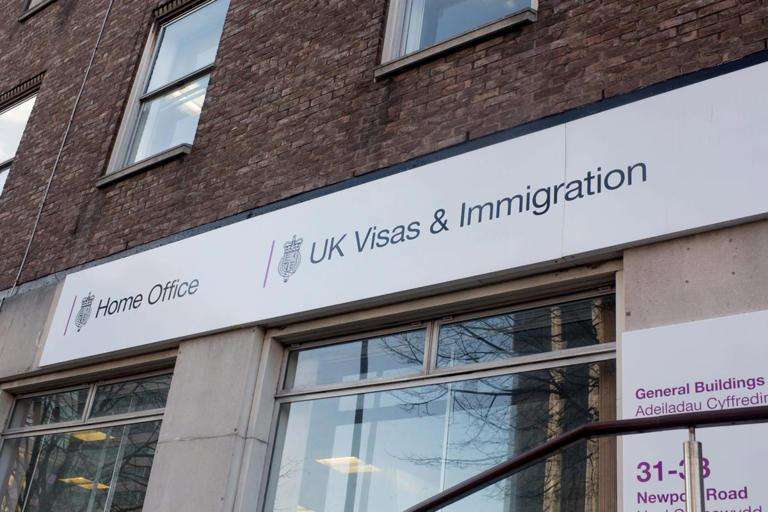The German government has ramped up efforts to attract more workers, introducing new measures to ease the migration of Indian professionals to Germany.
German Ambassador to India, Philipp Ackermann, stated that the number of visas for skilled migrants is set to rise to 90,000 annually, a significant jump from the current limit of 20,000.
These visas will primarily be granted to skilled Indian workers, with a focus on sectors like information technology, nursing, and caregiving, where Germany faces critical labor shortages.
Germany Introduces Several Measures to Attract South Asian Skilled Workers
Following Japan's lead, Germany is increasingly relying on skilled workers from South Asia to strengthen its economy. To attract more professionals, the German government has introduced measures designed to simplify migration processes.
Visa Processing Time Significantly Reduced
South Asian applicants no longer face months of waiting for their visas. The German government has cut visa processing times from nine months to just two weeks for candidates from the region.
Nearly 400,000 individuals previously affected by long delays in German visa processing will benefit from this change.
Schengen Area to Launch Online Visa Applications
By the end of 2024, the Schengen Area, including Germany, will implement visa digitalisation, allowing non-EU citizens to apply for visas online.
This shift will simplify the visa application process, eliminating the need for in-person visits to consulates or embassies and shortening the wait for visa decisions.
Germany Eases Language Requirements for Skilled Workers
South Asian workers applying for a Blue Card no longer need to demonstrate advanced German language skills, as Germany has relaxed its language requirements.
Additionally, the salary threshold for migrant workers has been lowered, and holding a degree is now sufficient to apply for a Blue Card.
Over Half a Million Job Vacancies in Germany
According to the German Economic Institute, there are 570,000 unfilled job vacancies across Germany, offering significant opportunities for skilled workers.
A report by the European Labour Authority (ELA) highlights that Germany faces shortages in over 70 occupations, with high demand in sectors such as transportation, manufacturing, construction, engineering, healthcare, and IT.
Among the top 25 most-needed professions in Germany, drivers are in highest demand, followed by operators, machine operators, cabinet makers, and food preparers.








.svg)


